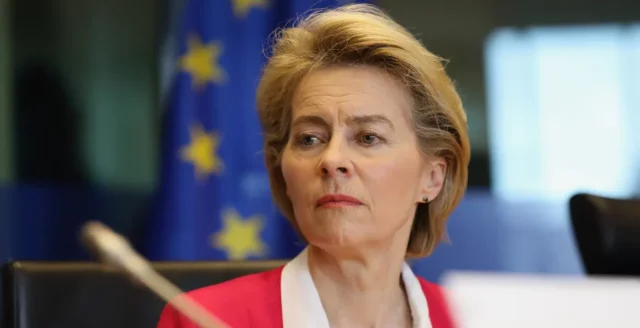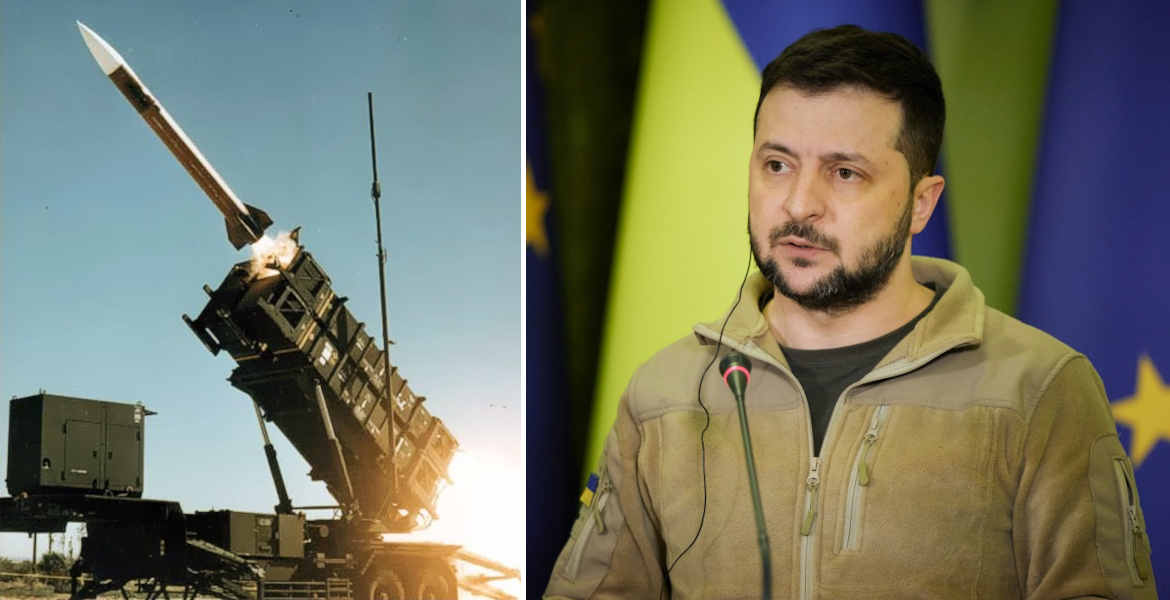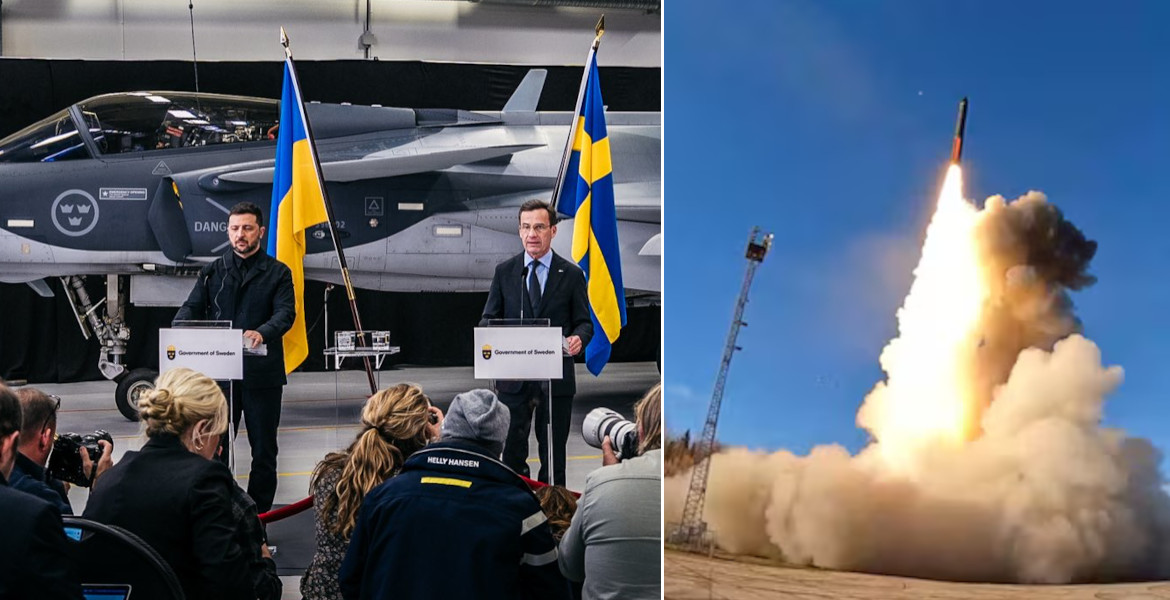The European Commission plans to hand over up to €3 billion from the proceeds of frozen Russian assets to Kiev as soon as possible, according to the Financial Times.
However, several EU countries are sceptical of such a decision, arguing that it risks damaging economic stability and confidence in the euro as a reserve currency.
The plan is to seize revenues from Russian assets held in Euroclear, the Financial Times reports.
The first payment, the EU hopes, could be made as early as July this year, provided all the bloc's member states agree to the proposal. EU officials estimate that total profits from these assets could reach up to €20 billion by 2027.
While the US and the UK support an outright seizure of the assets, some EU countries, including France and Germany, have recently warned that the measure could have a negative impact on financial stability and undermine confidence in the euro's status as a reserve currency.
⚡️The EU Commission will propose to channel profits from Russian assets to the Ukrainian defence industry, the Financial Times reported.
📷: AFP pic.twitter.com/IuZ5s0K11P
— KyivPost (@KyivPost) March 5, 2024
Commission disagrees
The EU's attempt to channel Russian assets into Ukraine comes as US President Joe Biden and the Democrats' latest $60 billion aid package for the country is currently being blocked by the Republican-led Congress.
As a result, Ukraine has been looking for alternative sources of finance to continue funding its military and prolong the war.
European Commission President Ursula von der Leyen suggested early on that Russian money could be used to supply Ukraine with weapons, a measure that has been hotly debated within the EU.
However, a number of member states have expressed concerns about the potential consequences of using these funds for military purposes.

Russian countermeasures
Some EU officials have suggested that instead of buying weapons, some of the profits from frozen assets should be used to support Ukraine's post-conflict reconstruction. However, this view does not currently have widespread support.
In response to the EU's plans, Russia has threatened to respond with possible counter-measures if, in Moscow's view, Russian assets held abroad are confiscated. Moscow has warned that it will respond in kind if the West carries out its threats.
The finance ministry warned last month that Western countries themselves still have assets in Russia that could be jeopardised if the frozen funds are used.
The EU is currently debating the legality and ethics of the process, and it is not yet clear when or if the proposal will be adopted.








